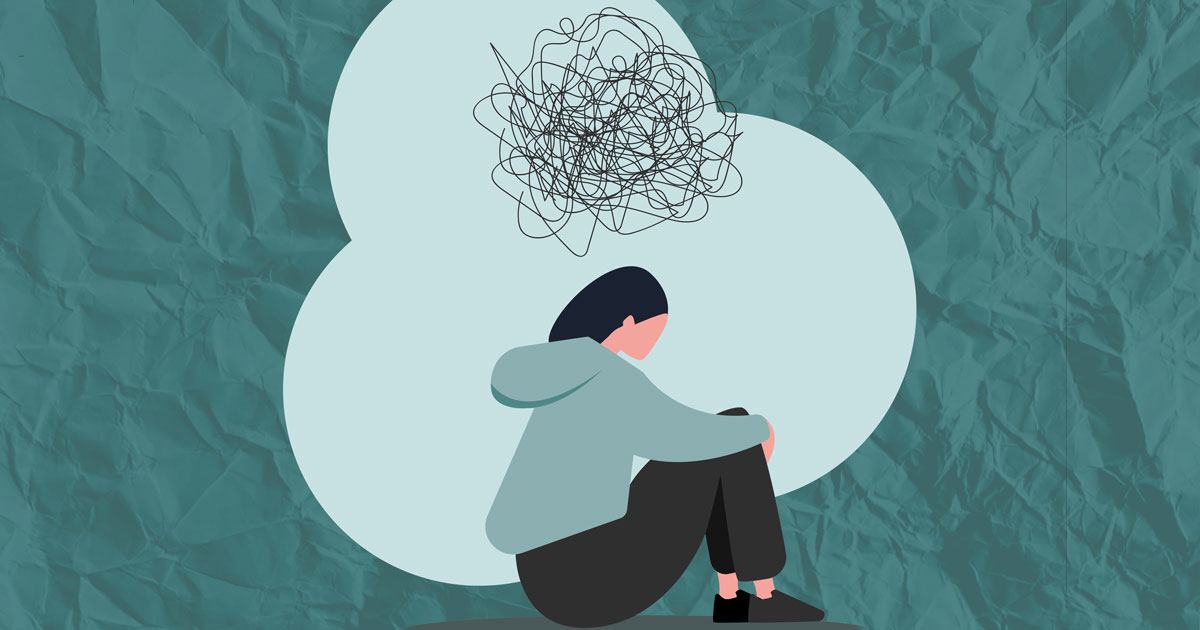A lockdown is when people have to stay indoors due to a government order to stop the spread of Covid 19. In this article, we will discuss mental health during lockdown using the following points: 1) what types of stressors may occur for individuals with psychiatric disabilities during a lockdown 2) coping mechanisms that serve to reduce anxiety 3) how these coping mechanisms may vary among different types of people 4) how individuals with psychiatric disabilities may be treated throughout a lockdown process.
What types of stressors may occur for individuals with psychiatric disabilities during a lockdown?
Individuals with psychiatric disabilities may experience even more severe distress during a lockdown than their non-disabled peers. It has to do with the lack of means to understand and respond rationally (i.e., avoid panic) to a stressful situation. In particular, those individuals whose conditions include paranoia or delusions are at a heightened risk for experiencing extreme fear and anxiety due to being trapped in an environment where they feel safe. The presence of staff members who pose threats is incredibly upsetting because it challenges the sense that the individual can protect themselves from harm.
Coping mechanisms that serve to reduce anxiety –Michael Osland
To cope successfully with stressors during a lockdown, individuals must dissociate from reality to control their emotions effectively. This is extremely important in emergencies because it reduces feelings of panic that may arise under unfamiliar circumstances. For individuals without psychiatric disabilities, dissociation will often take the form of “tuning out” or withdrawing inward until external stimuli can no longer be perceived clearly. In addition, they may also resort to distracting themselves through activities such as playing games on their phone or reading a book (if allowed by staff).
On the other hand, for individuals with psychiatric disabilities who have difficulty coping with stressors outside of lockdown, strategies must be more active and externally focused on preventing increased anxiety and emotional distress during a stressful event. Strategies such as tensing and releasing muscles and counting breaths are examples of coping strategies that can be effective for individuals with mental disabilities under some circumstances.
How do these coping mechanisms vary among different types of people?
A few factors will likely influence the presence and type of coping mechanism(s) employed during a lockdown event. For example, subjective perception of environmental stimuli often influences the way an individual copes with them. In other words, how one perceives a stressful event affects how one copes with it, regardless of whether their perceptions are accurate or not. Likewise, previous experiences with similar events also influence the development of adaptive coping methods – meaning if an individual has gotten exposed to similar stressors in the past, they may have developed more efficient means to manage them successfully according to Michael Osland.
How many individuals with psychiatric disabilities be treated during a lockdown process?
It is important to note that while some psychiatric disabilities may make it difficult for an individual to cope with stressors associated with lockdown, the results are still highly harmful. The symptoms of mental illness are often unintentionally mistaken for symptoms of poor conduct by staff, which leads to detrimental treatment methods that further worsen the condition.
For example, suppose someone becomes distressed due to feelings of panic or delusions during a lockdown event. In that case, these symptoms will likely be perceived as behavioral problems by prison staff instead of symptoms related to their psychiatric disability. It may lead them to be punished in various ways, including through solitary confinement – which can exacerbate symptoms and cause psychological trauma.


